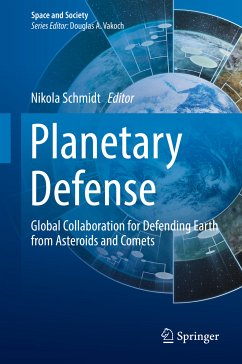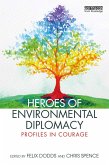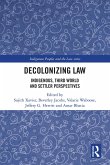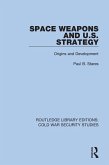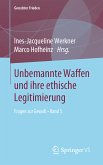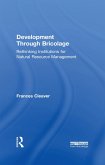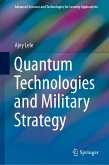Planetary defense from near-Earth objects such as asteroids is a far more nuanced and challenging topic than it might seem. Each day, technology is making it easier to detect asteroid impact threats in advance, but at present, there is still no easy way to design and implement any form of global defense.
This book examines how various asteroid deflection methods can change global political affairs. The authors believe that the final policy for potential Earth impacts should be based on practical engineering solutions and innovative architectural structures, while at the same time reflecting the most recent political science contributions in ethical security studies and security cosmopolitanism. Their focus is not limited to effective engineering solutions, but rather extends to how such proposals resonate in possible political structures of the future.
Planetary defense cannot be achieved with technology alone; the chapters in this volume highlight the issues that arise when space science and technology intersect with political science. This complex interdisciplinary project not only demands global participation and collaboration, but also proposes the way we can achieve it. The authors explore various concepts of governance and their far-reaching implications for planetary defense and vice versa-how scientific progress in Solar System observations and asteroid collision engineering influence political science and put pressure on the international legal framework.
The text is intentionally written for a diverse scholarly and diplomatic audience in a style accessible to non-specialists and practitioners and can be read by those across diverse disciplinary backgrounds.
Dieser Download kann aus rechtlichen Gründen nur mit Rechnungsadresse in A, B, BG, CY, CZ, D, DK, EW, E, FIN, F, GR, HR, H, IRL, I, LT, L, LR, M, NL, PL, P, R, S, SLO, SK ausgeliefert werden.
Es gelten unsere Allgemeinen Geschäftsbedingungen: www.buecher.de/agb
Impressum
www.buecher.de ist ein Internetauftritt der buecher.de internetstores GmbH
Geschäftsführung: Monica Sawhney | Roland Kölbl | Günter Hilger
Sitz der Gesellschaft: Batheyer Straße 115 - 117, 58099 Hagen
Postanschrift: Bürgermeister-Wegele-Str. 12, 86167 Augsburg
Amtsgericht Hagen HRB 13257
Steuernummer: 321/5800/1497
USt-IdNr: DE450055826
Bitte wählen Sie Ihr Anliegen aus.
Rechnungen
Retourenschein anfordern
Bestellstatus
Storno

